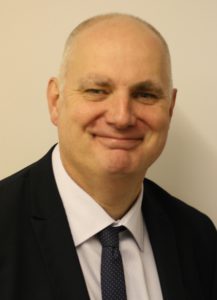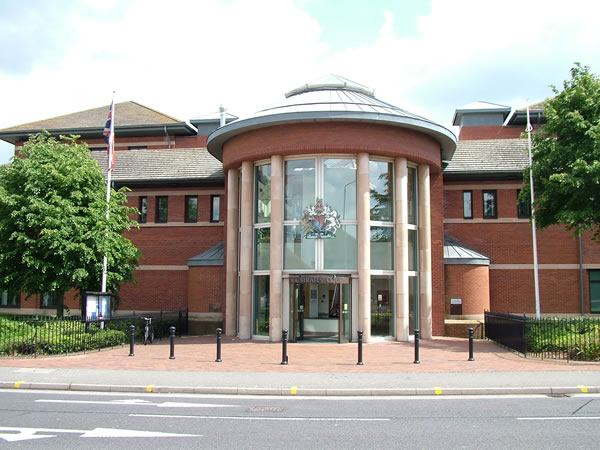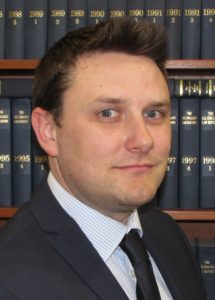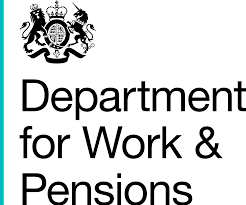All posts by Andrew Wesley/h3>
Mansfield criminal legal aid solicitor Tim Haines secured a not guilty verdict before the Magistrates’ court. In doing so he preserved her good character.
Tim’s client faced a very emotive charge. She had been a care assistance and faced an allegation of pushing a vulnerable person in her care who suffered from dementia.
The allegation was made by three purported eye-witnesses. Although all three maintained that they had seen the incident each witness gave very different account about what had happened. Tim used his expert cross-examination to make all of these inconsistencies obvious to the Magistrates hearing the trial.
Tim’s client maintained that she had been a victim of a ‘witch-hunt’ owing to a clash of personalities at her place of employment. This argument was supported by the manner of her dismissal which appeared unfair.
Our client was of good character. Tim called character evidence in support of this. His client had fully answered questions in police interview and gave an account consistent with those answers.
In closing, Tim was able to contrast the inconsistencies between the prosecution witnesses with the consistent account of his client. He made sure that the Magistrates’ properly directed themselves as to the relevance of his client’s good character.
The Magistrates’ found his client not guilty, taking into account all of the evidence that was heard, making specific reference to our client’s consistent version of events as opposed to the prosecution’s differing accounts.
The advice, preparation and representation that this client received, both in the police station and in court, was free of charge to her.
Contact a Mansfield criminal legal aid solicitor
 If you face a criminal allegation you will want to instruct an expert criminal solicitor to represent you. Where possible, you will also want the benefit of free legal aid.
If you face a criminal allegation you will want to instruct an expert criminal solicitor to represent you. Where possible, you will also want the benefit of free legal aid.
Advice and representation will always be free of charge from VHS Fletchers where you are being spoken to by the police under caution. This is true whether you are under arrest or speaking to the police voluntarily, and whether you are at the police station or another place such as your home.
If you face court proceedings we will always ensure that we have fully investigated your entitlement to criminal legal aid. In the Magistrates’ Court this means that your representation will be free of charge. In the Crown Court it might be free or there may be a financial contribution.

Please telephone Tim on 01623 675816 if you know that the police wish to speak to you or you face court proceedings. We provide 24 hour emergency advice and representation. Alternatively you can use the form below.
Contact









